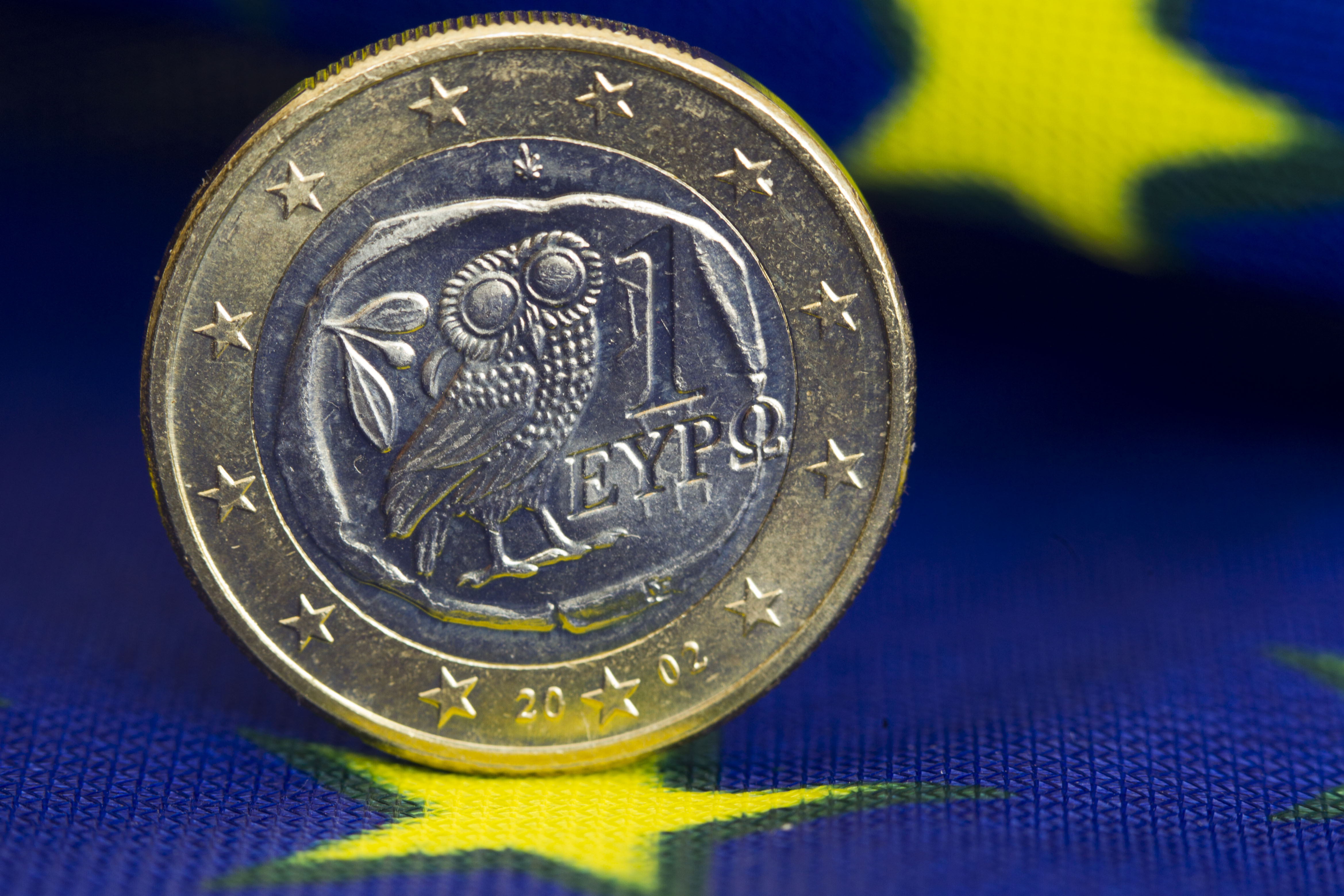Status: 08/20/2022 15:15
–
–
–
It is a very technical term, but a real milestone for Greece: the country is moving out of the so-called enhanced surveillance framework of the EU. For many Greeks, however, the crisis is not over yet.
By Verena Schälter, ARD Studio Athens
–
–
–
–
Achielleas Oikonomou knows how it feels when you need the help of others: “I lost my job in 2014. It was then that I discovered the soup kitchen ‘O allos anthropos’. They helped me and I have been helping them ever since. “
–
–
–
–
“O allos anthropos”, in English “The other person”, is a canteen and a table in one. It is run by volunteers like Oikonomou, who have often been hit by the consequences of the financial crisis themselves, such as skyrocketing unemployment and massive cuts in pensions and social services. Humanitarian organizations but also many volunteers tried to absorb what the Greek state was no longer able to do.
Inflation and energy prices are hitting the Greeks
Although the situation has eased slightly in recent years, one in three people in Greece still lives on the brink of poverty. Especially now, with inflation at over 11 percent and rising energy prices, this means that queues at soup kitchens are getting longer again.
“All the prices have gone up, but the pensions have remained the same and we will have more problems in the winter,” says Oikonomou. “There are always new people coming. Every day we see a new face. Here 200 to 250 portions of food are cooked every day. But unfortunately it is not enough.”
Retired couple Stella and Panagiotis also come here regularly: “Nothing has remained the same. In the fruit and vegetable markets and supermarkets the prices have changed everywhere. The word ‘save’ has always been of great importance and now even more”.
Greece was on the verge of bankruptcy
Many Greeks are familiar with saving and managing shortfalls after the financial crisis at the latest. In October 2009, the Greek government admitted that the budget deficit was actually four times higher than previously reported. The country was on the verge of bankruptcy.
Other EU countries and the International Monetary Fund have granted Greece first aid loans. At the time, there was no European bailout package or crisis fund to lend money to troubled EU countries. In 2010, the first euro bailout fund was created with the unwieldy name “European Financial Stability Facility”, from which the European Stability Mechanism, or ESM for short, emerged two years later.
“Then the Commission wanted to take a closer look”
Overall, Greece has taken out almost € 290 billion in loans. But to get the money, the Greek state had to engage in severe austerity measures. And: Since 2018, after the official end of the third and final bailout program, Greece has come under increased surveillance by the EU.
“Then the Commission wanted to take a closer look,” says economist Jens Bastian. He has lived in Greece for almost 25 years and was a member of the European Commission’s “Task Force for Greece”. He is currently on a research stay at the Science and Politics Foundation in Berlin. “The EU Commission wanted to ensure that Greece also respects the conditions after the end of a program, but that Greece can also clarify: we have drawn our conclusions from past experiences. We want to be a reliable partner now”.
Unemployment falls from 30 to 13 percent
So things are starting to improve again in Greece: last year the economy grew by more than 8 percent, and this year it should still be 3.5 percent. The unemployment rate has also dropped from nearly 30 percent, at times, to 13 percent. Reform efforts are taking effect – this has also been noticed across the EU.
“On August 20, the country will leave the EU’s increased surveillance,” Greek Finance Minister Christos Staikouras told Greek television. “What does this mean? Together with the early repayment of all International Monetary Fund loans and the complete lifting of capital restrictions, the country is returning to European normality.” And Prime Minister Kyriakos Mitsotakis said: August 20, 2022 is a “historic day for Greece and all Greeks”.
Greece pays off its loans earlier than expected
Greece had already repaid the last outstanding loans from the International Monetary Fund amounting to almost € 1.9 billion in April, two years ahead of schedule. However, as the country owes most of its debt to other European countries and the European Stability Mechanism, the national debt remains high and is estimated to account for nearly 190% of gross domestic product by the end of the year.
However, the fact that Greece is now moving away from the EU’s enhanced surveillance framework is good news, says economics expert Bastian:
Greece is no longer the black sheep of the euro zone. Other countries are now perhaps pilloried, such as Italy. And at the same time it is also a feeling of relief for the economy and society to be able to say: we are a sovereign country, we make our own decisions.
–
–
The end of increased surveillance will again increase the country’s financial room for maneuver, but above all it is a positive signal for financial markets and foreign investors – at least this is what the Greek government is hoping for. For many Greeks, however, nothing will change in their daily lives for the time being.
Greece abandons the strengthened EU surveillance framework
Verena Schälter, BR, currently Athens, August 18, 2022 7:40 pm
–
–
–


